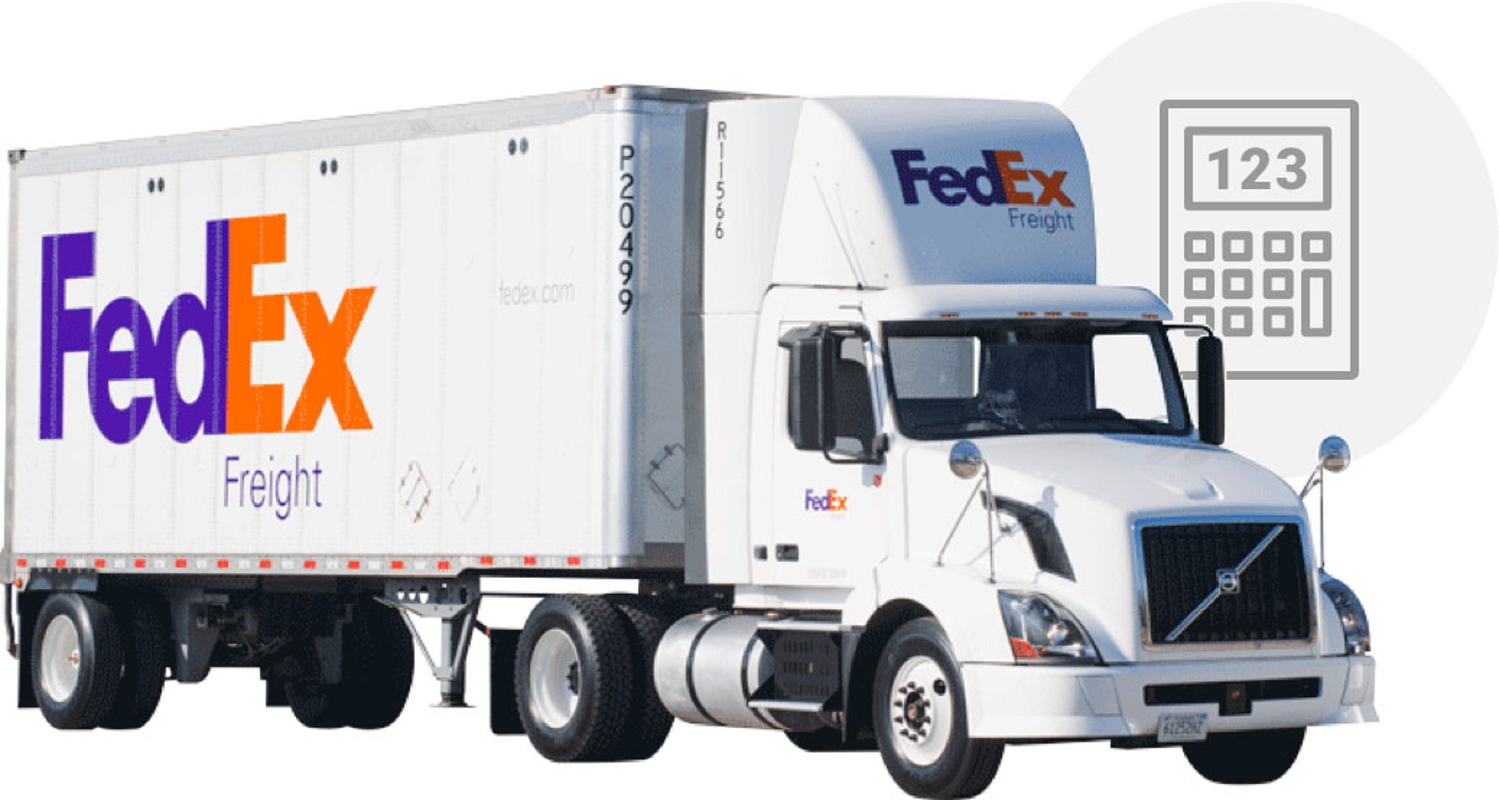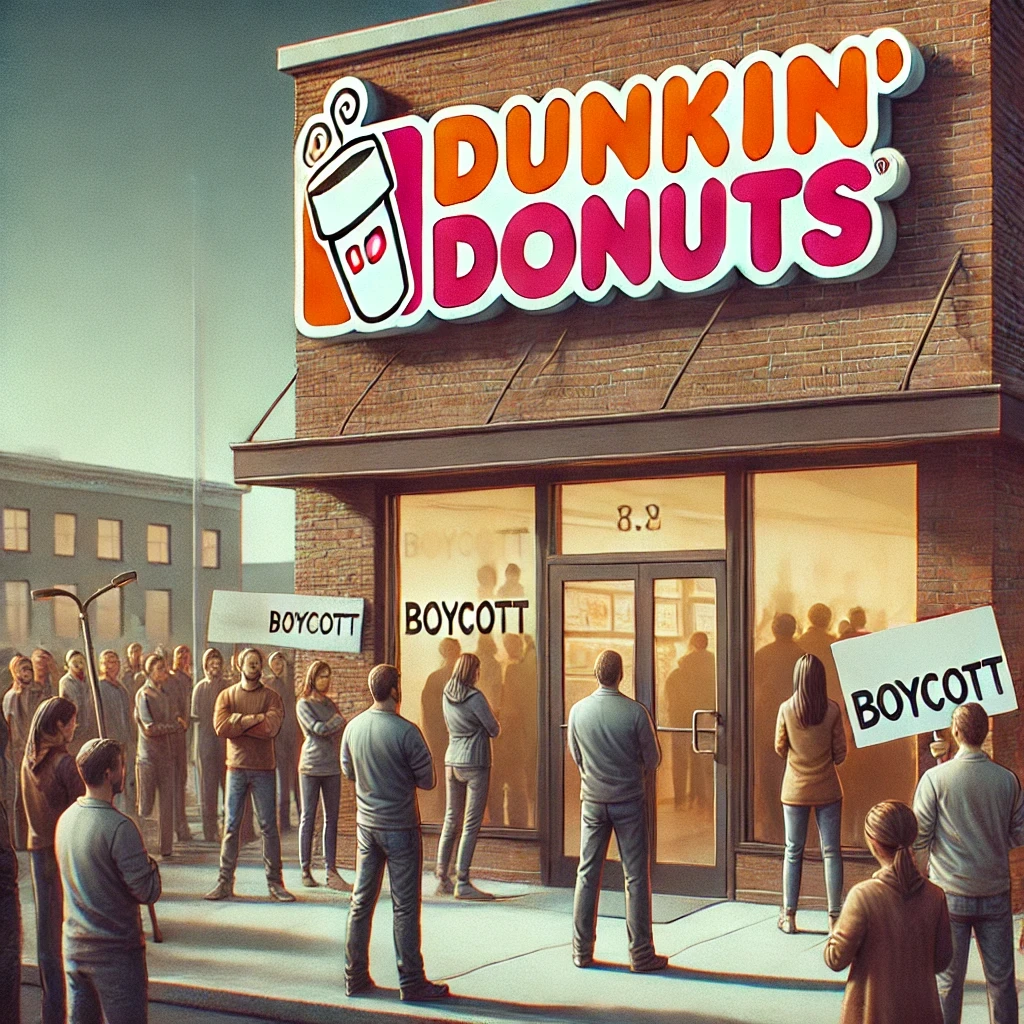
A recent boycott of Dunkin’ Donuts by supporters of the Make America Great Again (MAGA) movement may unexpectedly benefit Dutch Bros, a rapidly growing coffee chain. The boycott, which began in response to perceived political stances by Dunkin’, has created a shift in consumer behavior that could provide Dutch Bros with an opportunity to expand its market share in the coffee industry.

The MAGA crowd initiated the boycott after Dunkin’ Donuts refused to advertise on the right leaning site Rumble as they perceived the platform to be too polarizing. This backlash has led to a significant portion of Dunkin’s customer base seeking alternative coffee chains that align more closely with their values or are perceived as neutral in the political arena.
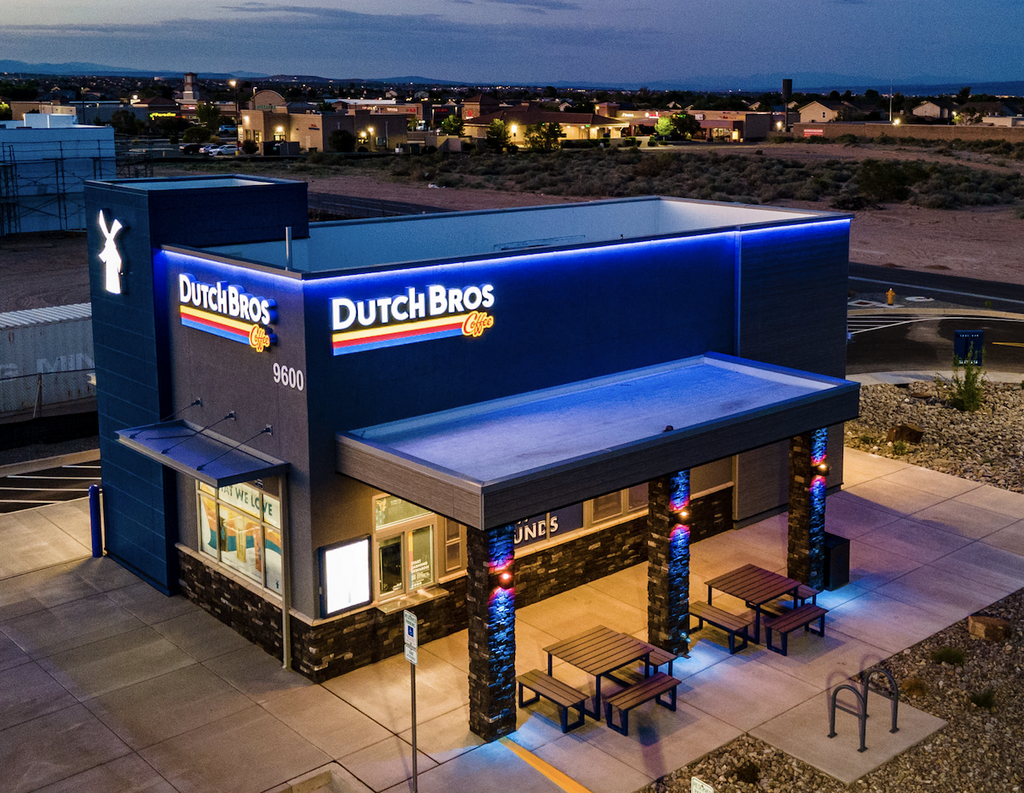
Dutch Bros, a company known for its fun, community-focused atmosphere and apolitical stance, might stand to gain from this situation. The chain, which started in Oregon and has rapidly expanded across the Western United States, has a loyal customer base that appreciates its commitment to quality service and community involvement without diving into political controversies.
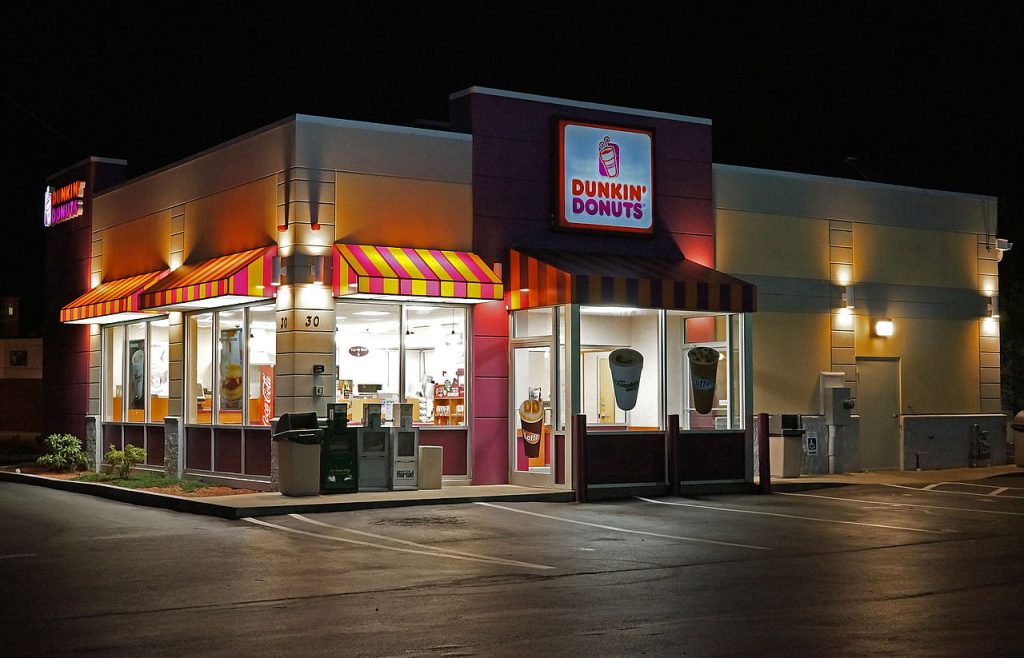
Dunkin’ derives up to 60% of it’s revenue from coffee sales. As consumers look for alternatives to Dunkin’ Donuts, Dutch Bros could attract former Dunkin’ customers, particularly those who value a politically neutral environment. The chain’s focus on creating a welcoming atmosphere for all, without the political baggage, could resonate with those who have become disillusioned with Dunkin’s recent actions.
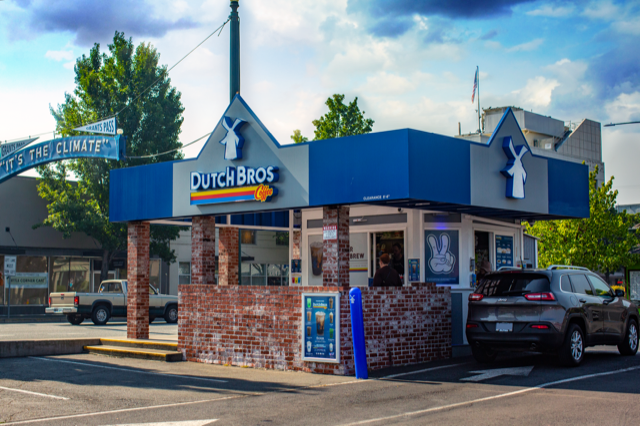
Dutch Bros has been expanding its footprint aggressively, opening new locations in states where Dunkin’ Donuts is traditionally strong, such as California, Arizona, and Texas. This geographical overlap could make Dutch Bros a convenient alternative for those participating in the boycott, further increasing its appeal.
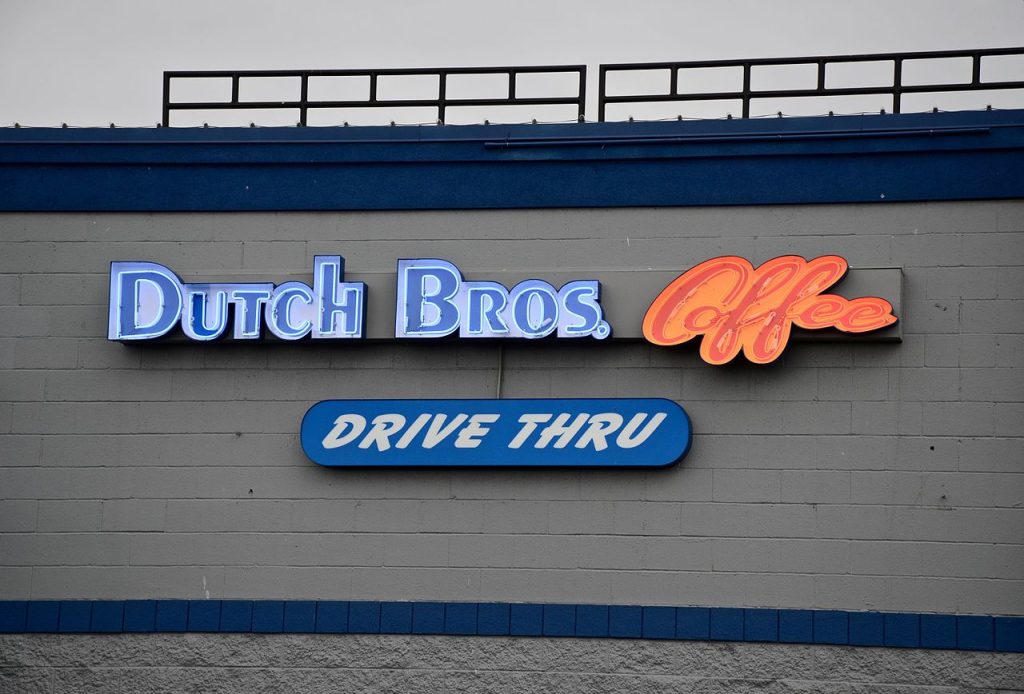
Dutch Bros’ growth strategy also aligns well with the shifting consumer landscape. The company’s emphasis on drive-thru service and digital ordering resonates with the current trend of convenience-driven consumer behavior. This focus on customer experience, combined with its apolitical stance, positions Dutch Bros as a prime candidate to capitalize on the boycott.
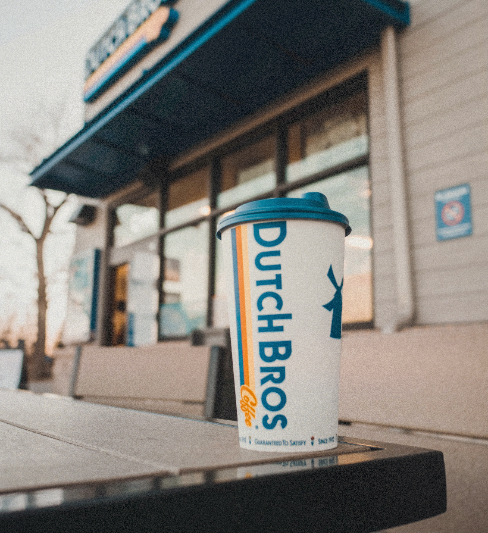
The timing of this boycott coincides with Dutch Bros’ broader marketing efforts to increase brand awareness and customer loyalty. With Dunkin’ Donuts potentially losing a segment of its customer base, Dutch Bros could seize the opportunity to strengthen its market position, especially among conservative-leaning consumers who may feel more aligned with a brand that stays out of politics.
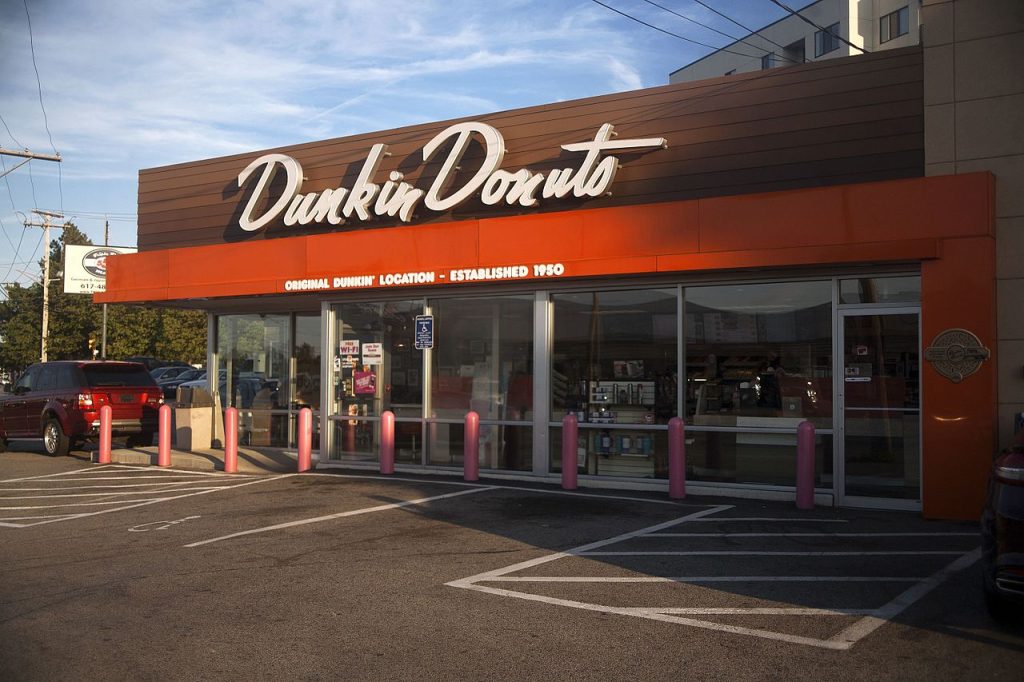
While it’s still early to determine the long-term impact of the Dunkin’ Donuts boycott, the immediate shift in consumer sentiment could provide Dutch Bros with a significant boost. The coffee chain’s ability to attract and retain these new customers will be crucial in determining whether it can turn this situation into a lasting competitive advantage.
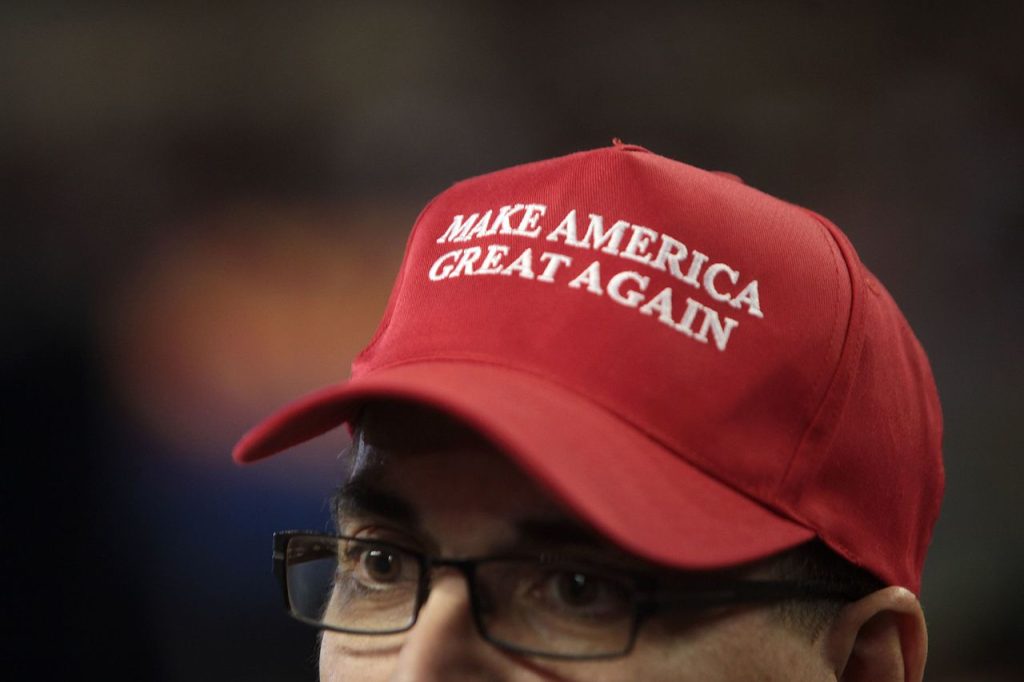
The MAGA boycott of Dunkin’ Donuts presents a unique opportunity for Dutch Bros to expand its market presence and capture a new customer segment. By maintaining its focus on quality, community, and a politically neutral stance, Dutch Bros is well-positioned to benefit from this consumer shift and continue its impressive growth trajectory in the competitive coffee market.

